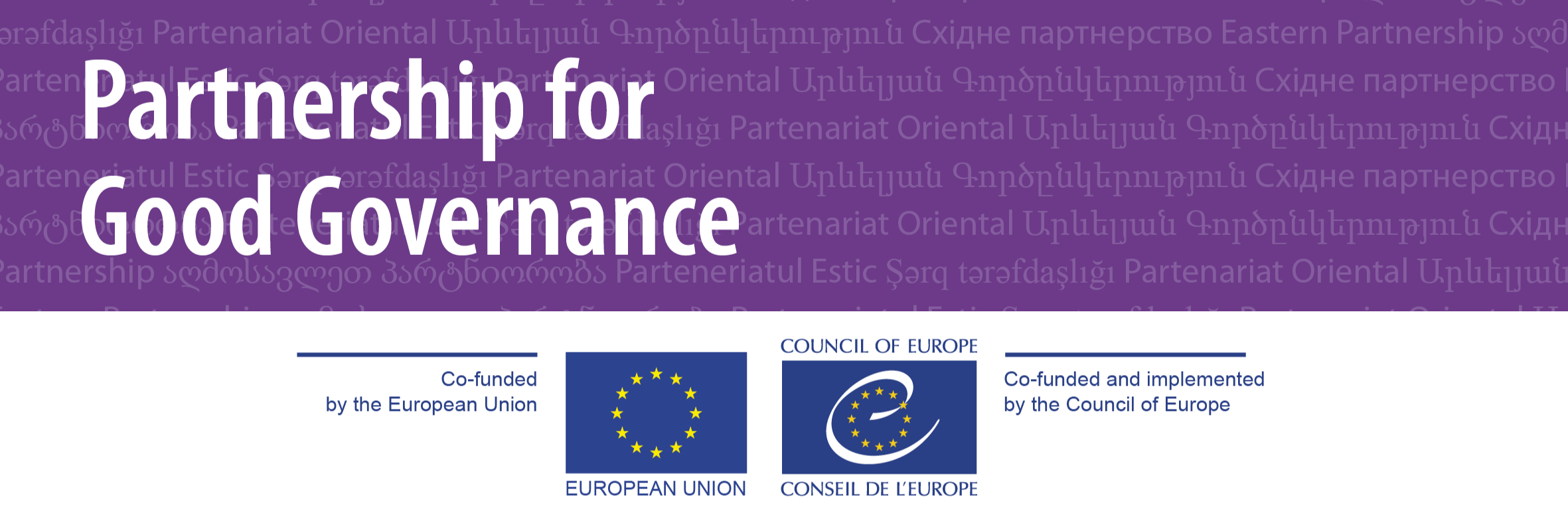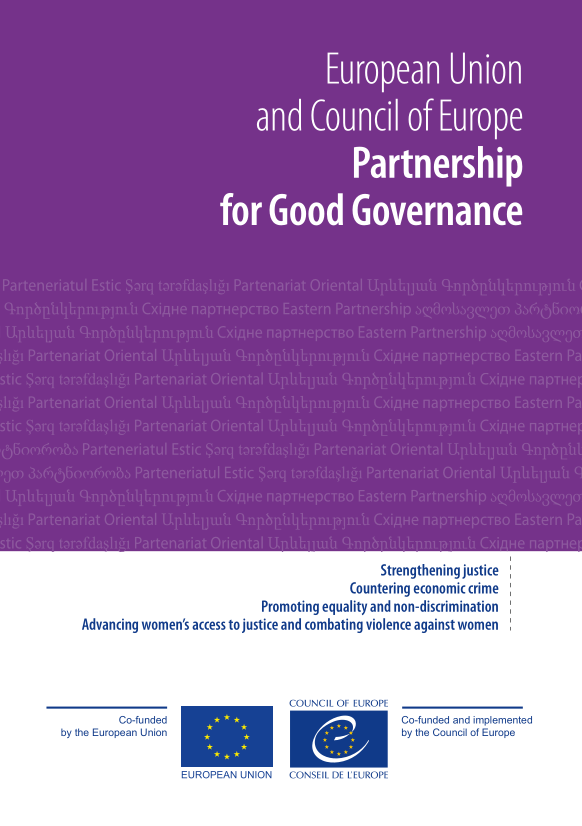The risks and vulnerabilities associated with terrorism financing through non-profit organizations (NPOs) present significant challenges, as these entities can be exploited to divert funds for illicit purposes. To address this aspect, the Council of Europe, in cooperation with the Financial Monitoring Centre under the Central Bank of Armenia, engaged in discussions with the representatives of NPOs, aiming to deepen their understanding of terrorist financing and money laundering risks, and draw attention on their potential misuse to finance or support terrorist activities.
The event aimed at enhancing practical knowledge of NPOs regarding the nature of threats posed by terrorist entities to NPOs, existing vulnerabilities for this sector and provide recommendations for internal risk-assessment procedures by NPOs and subsequent mitigation measures.
Significant emphasis was also placed on effective measures and approaches to prevent the misuse of NPOs at national level through developing and applying an effective control framework as well as through deepening cooperation and dialog between NPOs at risk and AML/CFT supervisory and regulatory bodies.
This event is part of the European Union and the Council of Europe joint programme “Partnership for Good Governance”, co-funded by the European Union and the Council of Europe, and implemented by the Council of Europe, in the framework of the Project on “Enhancing national capacities for effective prevention and fight against economic crime in Armenia”.






